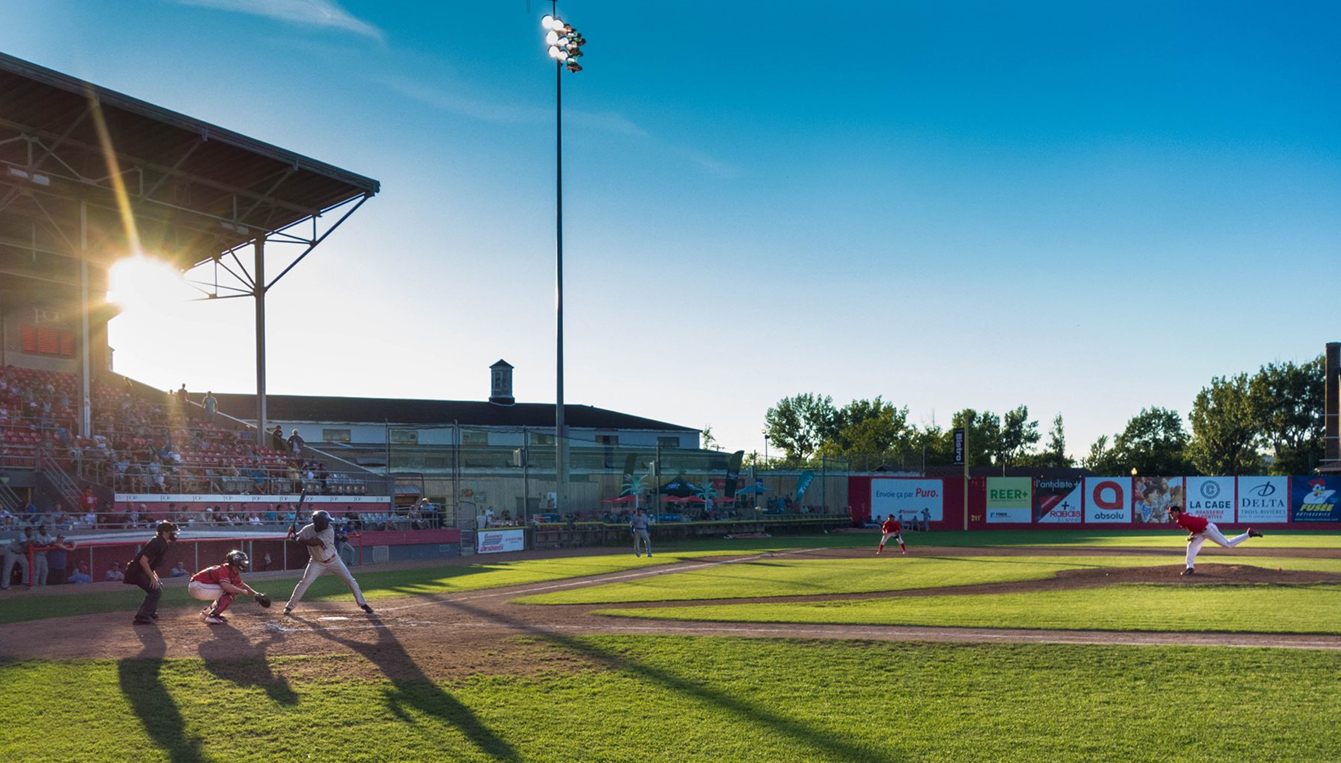Ken Bourinot
Technology Advisory Services Leader
Principal

Colleges and Universities become integral parts of the community in which they reside. Community residents often feel a sense of pride for the school that backs up against their homes. They might use the library to study in, walk along the campus paths, or attend a sporting event. Despite being some of the school’s most dedicated fans, residents would rather not hear the marching band during halftime of a football game or the screams of fans as a homerun is hit… if they are not attending the game. Colleges and Universities can work with the design team and take steps to keep the residents happy and comply with noise ordinances.
Early in the design process, it is important to not only define the areas of the project that require audio coverage but the areas of the project that audio should not cover. At Acentech, our systems group often uses predictive modeling and evaluates multiple design options before finding the right solution. We are able to design systems that maintain appropriate speech intelligibly and audio coverage in the stands, while not exceeding the noise ordinance outside of the stadium.
Once the system is installed and operational, the next task is to develop a standard operating procedure to maintain these levels without upsetting the community residents. In order to do this, our acoustics team will perform a series of diagnostic measurements to establish a relationship between in-stand sound levels and levels at the property lines.
We can also perform measurements at various locations in the surrounding neighborhood to ensure that the sound system is meeting the requirements at each location. We use remote monitoring systems in the surrounding neighborhoods to ensure that the sound levels from the system comply with the project expectations, generally by keeping system sound levels to within 10 dB of the ambient.
Even with a standard operating procedure, an issue arises when you introduce human variables to the mix (no pun intended). While the noise ordinance and sound system components will remain constant, the system operators may change frequently. For many University level sporting events, students are operating the systems and they are most likely unaware that they need to be conscious of the community’s noise ordinance.
So how do we ensure that each operator is going to follow the standard operating procedure? Training the users is essential, but as new users come-and-go the training can become a game of telephone. Instead of following the procedure that is developed, it will become “keep the faders here, don’t move this, only touch that”. But there are so many ways to adjust the system levels, that keeping faders in one spot is just not reliable. And let’s face it, a new operator enters the control booth and a song that he or she likes comes on over the system, they are going to turn it up, probably not even aware of that noise ordinance.
To avoid this, there are a few options. Many digital consoles in facility control rooms have the ability to set administrative rights per user. An operator can be limited to a certain basic functionality of the console itself; we can limit the users to a single fader on the console and set the maximum level to be below the noise ordinance, giving the users only one way to go…down. Another option if limiting functionality per user is not viable is a permanently-installed remote monitoring system that consists of a microphone in a secure location and a software program that provides visual cues that the system is meeting, or exceeding acceptable sound levels. Very simply, green is good, red is bad. Maintain a green light, and everyone is happy. If the operator sees a red light…turn it down!
It is hard to limit the excitement of an intense championship game or quiet the crowd during the final inning of a game, but there are ways to comply with neighborhood noise ordinances without limiting the player or fan experience. Just because the system can be loud, doesn’t mean it should be.